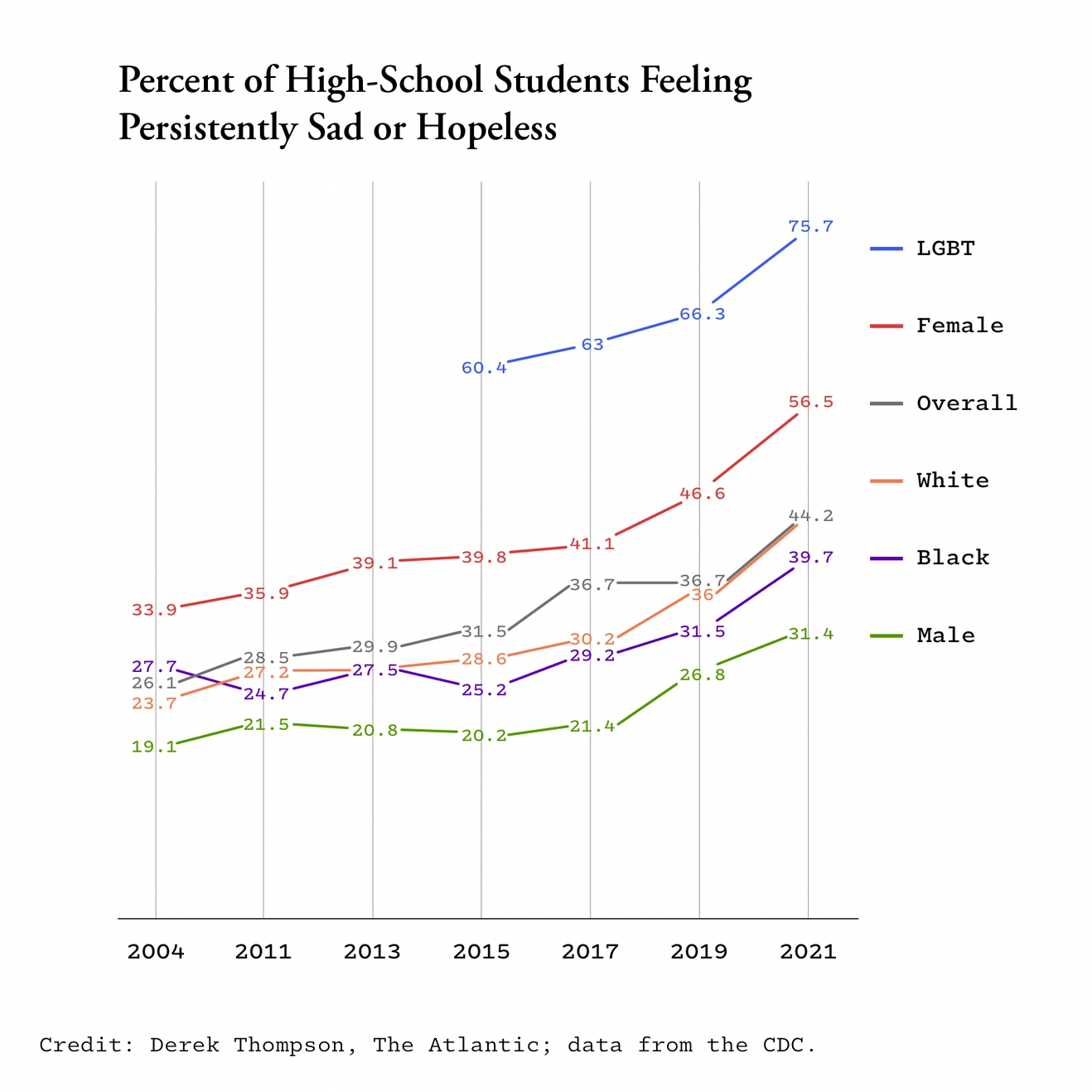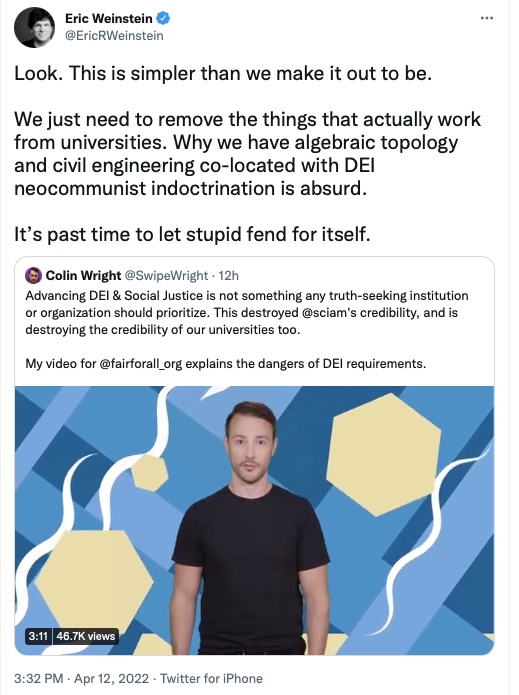Trigger Warnings as Warnings in and of Themselves
Jonathan Haidt wrote about the deep meaning of trigger warnings back in 2015 in his article, "THE CODDLING OF THE AMERICAN MINDIn the name of emotional well-being, college students are increasingly demanding protection from words and ideas they don’t like. Here’s why that’s disastrous for education—and mental health."
This new climate is slowly being institutionalized, and is affecting what can be said in the classroom, even as a basis for discussion. During the 2014–15 school year, for instance, the deans and department chairs at the 10 University of California system schools were presented by administrators at faculty leader-training sessions with examples of microaggressions. The list of offensive statements included: “America is the land of opportunity” and “I believe the most qualified person should get the job.” . . . The current movement is largely about emotional well-being. More than the last, it presumes an extraordinary fragility of the collegiate psyche, and therefore elevates the goal of protecting students from psychological harm. The ultimate aim, it seems, is to turn campuses into “safe spaces” where young adults are shielded from words and ideas that make some uncomfortable. And more than the last, this movement seeks to punish anyone who interferes with that aim, even accidentally. You might call this impulse vindictive protectiveness. It is creating a culture in which everyone must think twice before speaking up, lest they face charges of insensitivity, aggression, or worse."




